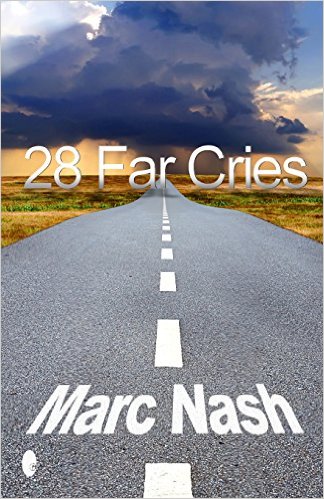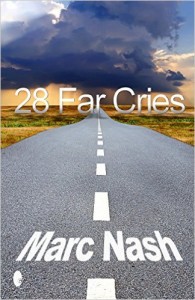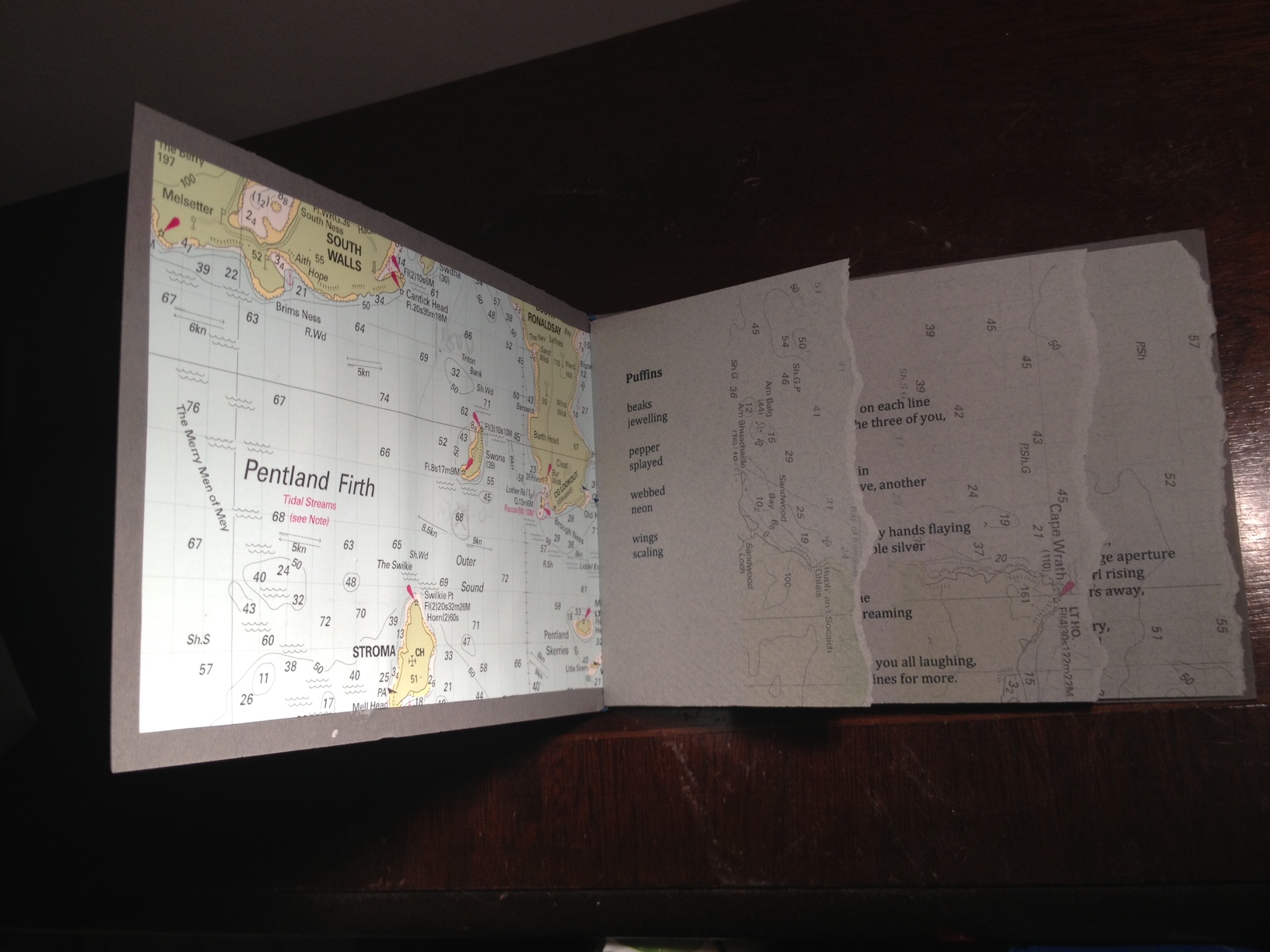28 Far Cries by Marc Nash
-Reviewed by Bridey Heing–
In 28 Far Cries, Marc Nash pushes the limits of short stories to the very edge, and the result is a wide-reaching collection that can be (and will be) devoured in a single sitting. At just 120 brief pages, his capsule stories dig deep to explore the psyche and find complex meaning in the every-day, pushing the reader to get at significance that may otherwise go unexamined.
At times the ambition of each story comes slightly too close to the overly verbose and academic, but the bite-sized meditations are too short to be fully weighed down by rhetoric. The observations are whip smart, and the attention the author pays to slight details brings to life both the mundane and the horrific. Nash thrusts his readers deep into the narrative from the opening lines of each story, like diving head first into the deep end of a pool.
The subjects Nash explores vary greatly, ranging from terrorists to creatures of myth to the blurred line between work and play. His stories bounce between almost whimsical to strikingly dark, bouncing the reader about with a deft hand.
In the opening ‘Road to Nowhere’, a village investigates a mysterious road from which no one has returned. The story has an Edward Gorey feeling to it, with danger lurking just beyond the frame of the narrative. ‘Ur, Um’ has much the same approach, with very clear cause and effect layed out from a surprising and sudden point of departure from reality. In it, a man wakes up to find he can only speak or understand Ur, the mother-language of all human speech.
Among the strongest stories are those that delve deeply into the commonplace, unearthing unexpected emotions and questioning what is easily accepted without examination. In ‘Happy Hour’, the simple question of the time ends in violence established as the status quo. In ‘Fix Bayonets’, a soldier considers the big picture of wartime violence, and what it means for a victorious army to engage in the very acts they had demonized the enemy for carrying out. In ‘The Idea of Man’, the significance we lend human remains recovered from prehistory or antiquity and the false sense of understanding we imbue them with is put under the microscope.
But Nash truly shines when he blends the morbid and the mythic, blurring the lines between reality and fantasy in a way that makes ample use of the best of both. ‘Skin Bar’ weaves together sexuality, voyeurism, and self-protection into a richly layered story about a stripper. Unlike many other writers, Nash doesn’t turn the gaze away when her dance ends, but rather follows her through the highs and lows of performing, and then the steps she feels necessary to protect herself from those who would do her harm outside of the work place. Another play on vulnerability, ‘Nemesis’ catches up with a super hero battling cancer, a moving take on the idea of ‘hero’.
Although the final story, ‘Quickie Divorce’, doesn’t quite pack the punch one would hope from such a strong collection, this rapid read is equal parts enjoyable and challenging. Easily read in a single sitting as it sweeps the reader from page to page, it will stay on your mind for long after you’ve finished.






